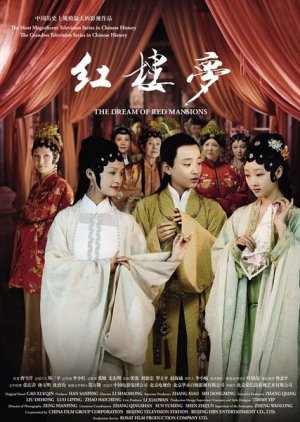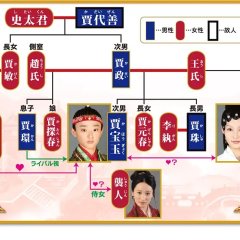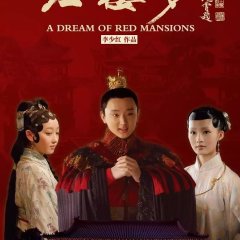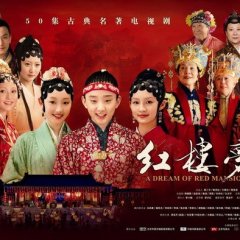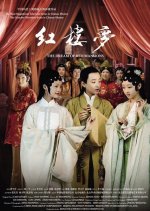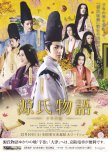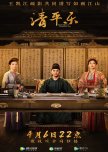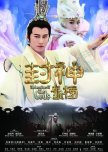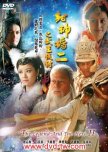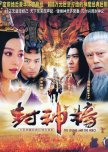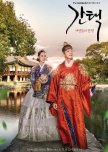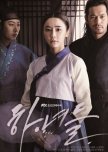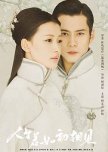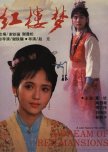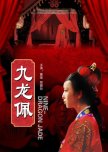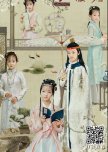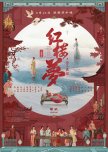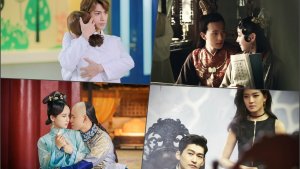 CdramaBase Is Giving You The Chance To Decide Which Cdramas Will Be Subtitled Next!
CdramaBase Is Giving You The Chance To Decide Which Cdramas Will Be Subtitled Next! Jai Bao Yu is a male heir who grew up in a wealthy feudal clan dominated by women. His love affairs with his cousins Lin Dai Yu and Xue Bao Chai happened in the midst of his family's struggle to remain influential. ~~ Adapted from the novel "Dream of the Red Chamber" (红楼梦) by Cao Xue Qin (曹雪芹). Edit Translation
- English
- magyar / magyar nyelv
- dansk
- Norsk
- Native Title: 红楼梦
- Also Known As: Red Chamber Dream , Hong Lou Meng , 紅樓夢
- Director: Li Shao Hong, Li Shao Hong
- Screenwriter: Qing Mei, Bai Bang Ni, Gu Xiao Bai
- Genres: Historical, Romance, Drama, Family
Where to Watch The Dream of Red Mansions
Free (sub)
Free (sub)
Cast & Credits
Reviews

a Masterpiece
This series is definitely rather for women, for it describes all the typical possible situations for women in the society of China at this time, 17e century. It is hard to believe that a man wrote the story, so much it concerns in depth and precision women condition. I would not be surprised the author lent his name to a female writer, who in the past used to remain anonymous. This series is the ancestor of many of those produced today, by the care of its frames, the refinement of the costumes and hairsets. Images are highly esthetic, each frame like a master's painting, when before chinese series ressembled very much to the indian 'Bollywood' style. Many new actresses, today famous, were discovered with 'Red Mansion' as well as the actor Yang Yang who, appearing only in episode 31 over 50, gives a great and very moving performance, especially for a beginner. His predecessor in the younger same character is very good too.Everything is original and beautiful in this series, including the fascinating music, so genuinely chinese.
Something important to understand the series from the start, for those who did not read the book, and which is not mentioned here with the story summary, is that the two main characters are originally dwellers of an edenic plane where he is a precious jade stone - from there his name 'Yu' meaning 'Jade'; and where she is a beautiful flower by his side, and they are in love. For some reason, the jade stone wants to experience earthly life as an incarnated human, and his flower follows him. So when they first meet as human persons, they have this feeling of 'deja vu' and fall in love instantaneously. But life on earth is not as simple as their edenic realm, and the rest is their story, ending up very philosophically and happily ... ever after.
Was this review helpful to you?
Ahead of It's Time: Superb, Immersive Masterpiece
I watched this because it was Yang Yang's first role, and a lead role at that. As the family's troubles (mostly troubles for the women) grow, the scenes get darker, narrower, and moodier. The cinematography was superb, with a narrowing and darkening of view taking you deeper and deeper into the horror story of the terrible lives and indifferent cruelty of these women and men. I loved all the things that I understand the Chinese audience did not like upon its release: the hairstyles, the music, the casting. The clothes were beautiful and realistic and the sets stunning! The music was atmospheric and amazing, although I benefited by not being able to understand the slow lyrics; they were just moody tones to me. Yang Yang's performance (and that of Jim Yu, the actor who played him younger) was superb! Yang Yang showed much greater facial expression and honest feeling than I have seen him exhibit in other roles. So he has a lot of natural talent. (Maybe he is trying hard now to be "a cool star, an idol.") And, of course, the director did a great job pulling wonderful performances out of all the actors. For example, nearly all the crying scenes were the realistic blubbering that you would expect of characters in these positions, rather than the boring masked, one-rolling-tear exhibited in other dramas. I would compare this to "My Journey to You" in its investment in artistic realism and moody subtlety. Given that it was 50 episodes long, it maintained just the right balance between staged production and heart-wrenching, wretched realism. One negative is that the show probably could have made its point in fewer episodes. Half-way through, you know where it is going, and you have to commit to staying on the ride. I have the feeling that this plot line must have been a very true translation of the original book. The narration throughout was very helpful in clarifying plot points, and I understand both it and the dialog were close to the book as well. As I stated in the title, I think that this was ahead of its time for artistic development in a production.Was this review helpful to you?

